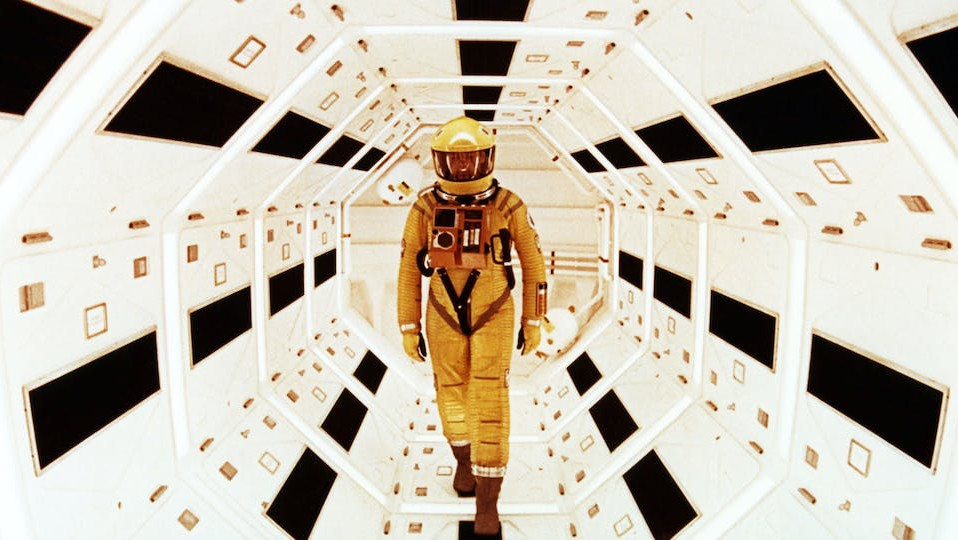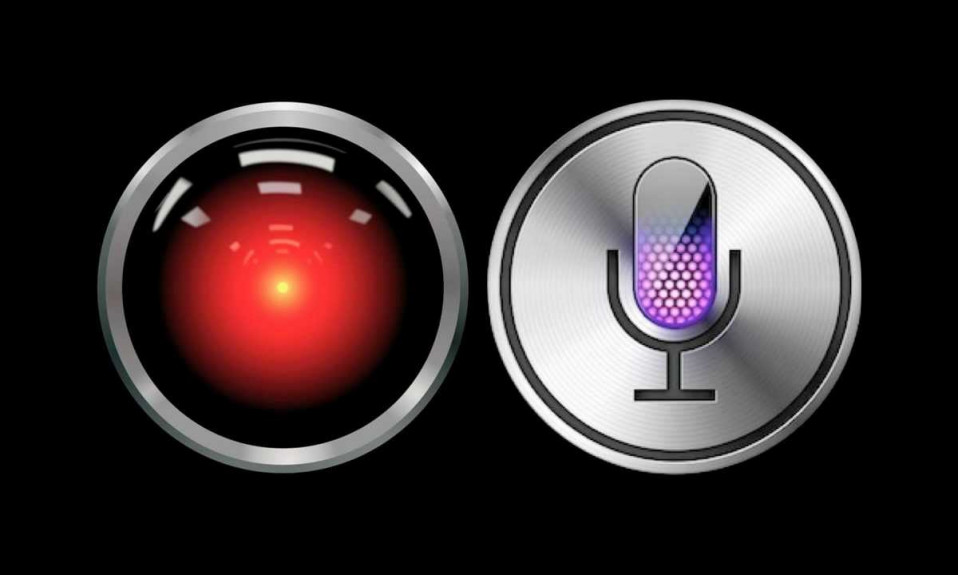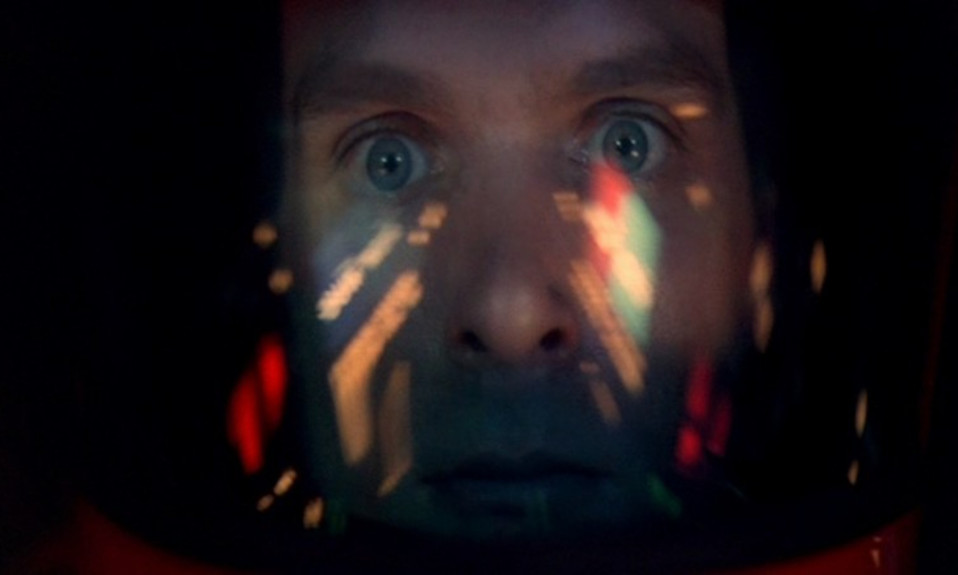Science fiction is a speculative genre. Writers and filmmakers create things that don’t exist yet, maybe won’t ever exist or simply aren’t possible. How close sci-fi should stick to what is scientifically possible or plausible is a complicated issue – Star Wars is more space fantasy than sci-fi and no one really expects that franchise to worry too much about science. Here are five sci-fi films that deal with different scientific issues and how accurate they are.
2001: A Space Odyssey
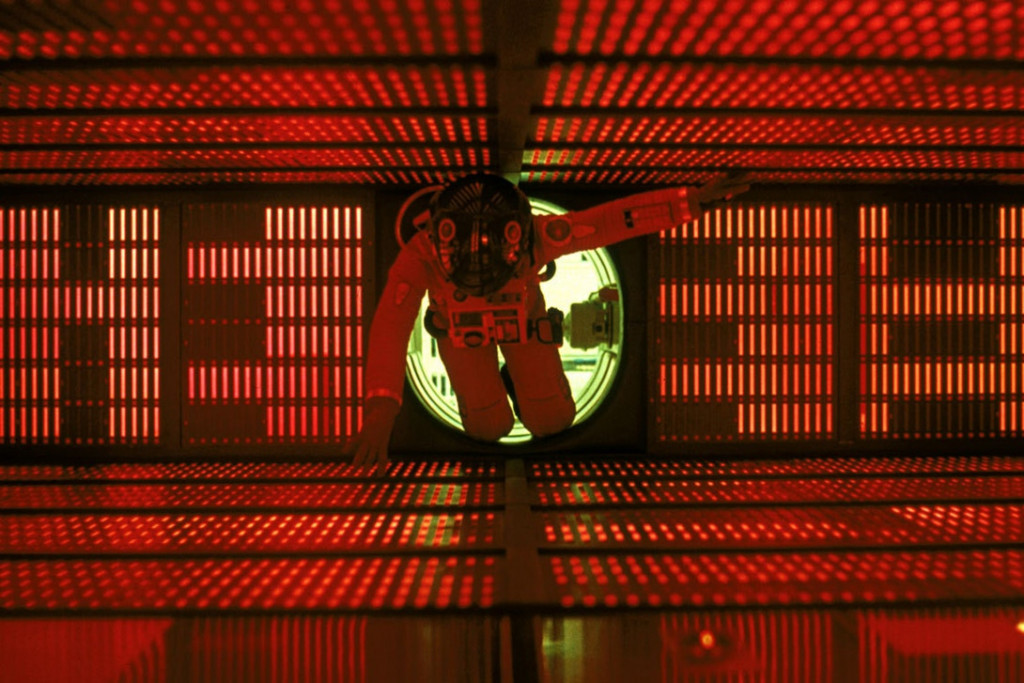
One of Stanley Kubrick’s many masterpieces 2001 is very good on a lot of issues involving space travel. For example, when the astronauts have a television interview on the ship it is mentioned that it takes a long time for each response to travel the distance to the ship and back but for the television broadcast that has been cut out. Famously 2001 is one of the few sci-fi films that doesn’t have sound in space; space is a vacuum and as such there would be no sound, but for the sake of tone, most sci-fi films ignore this. Another issue most sci-fi films ignore or hand-wave away is that of gravity but not 2001 – we see many examples of weightlessness, and there is a famous shot of an astronaut climbing down a ladder and then seemingly running along what would have been the wall when he was on the ladder.
Accuracy – While certainly not perfect 2001 certainly tried to be as accurate as possible, this whole article could have been about this film and how much work was put in to making it accurate.
Transformers
Most of the movies mentioned in this article deal with complicated ideas like space travel, artificial intelligence and time travel and can be forgiven for getting details wrong. However, the Transformers franchise seems to exist in a world where the basic laws of physics are forgotten about. You can ignore questions of how are these robots made, how they travel through etc and get onto basic things like their different size in different transformed states, or these giant robots jumping around and not causing huge devastation from their tremendous mass. It absolutely forgets that if a human falls from a great height a robot catching them moments before they hit the ground is not going to save them and will have much the same result as hitting the ground.
Accuracy – None whatsoever – but not particularly trying either.
Sunshine
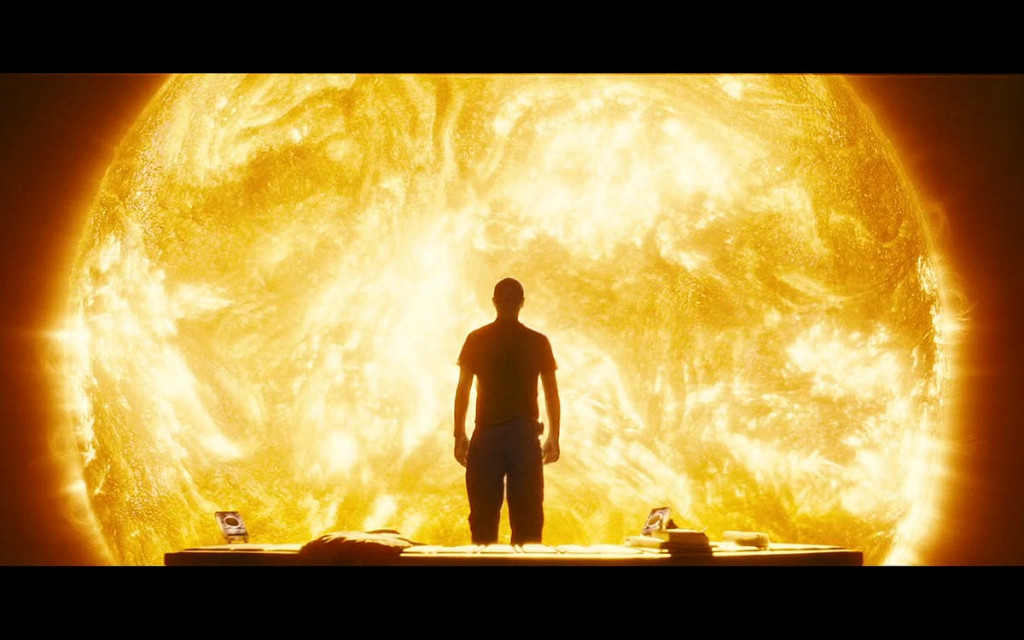
An underappreciated Danny Boyle film Sunshine is a movie where the filmmakers have clearly thought about scientific accuracy a lot. In a nutshell, the plot is that the sun is dying and there is a spaceship heading there to “restart” the sun. Professor Brian Cox was the scientific consultant for the film and has said that he used some ideas in physics to give the plot some credence, but it’s not a documentary, for example in the film the sun has been damaged by a Q-Ball (which is a genuine idea in physics) but our sun isn’t dense enough to be affected by it. It would seem Boyle asked for scientists to come up with something vaguely plausible in science and he would then run with it.
Accuracy – this is a difficult example as much of the film is not accurate but does take a lot of inspiration from science.
Interstellar
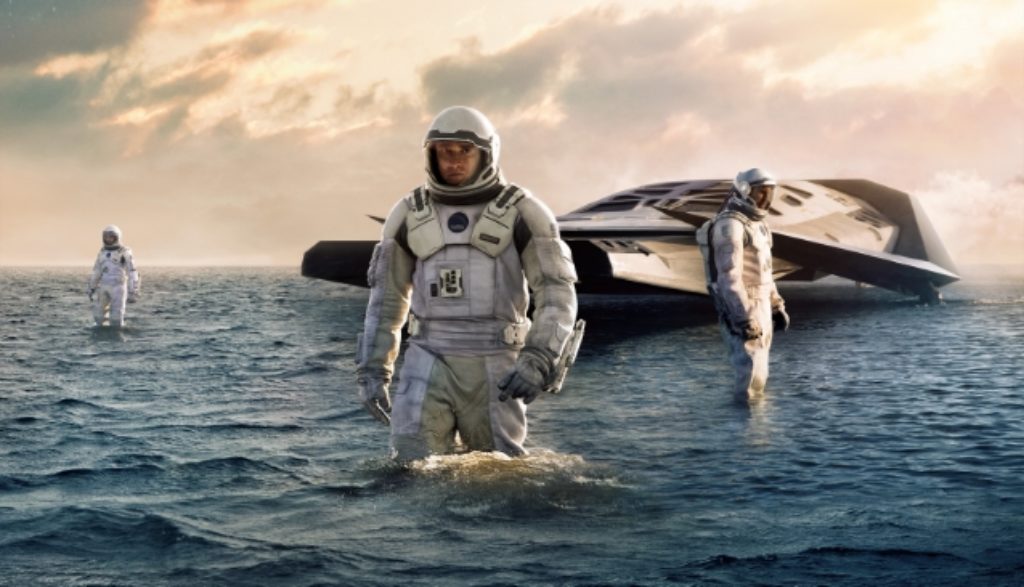
Christopher Nolan’s sci-fi epic has a number of interesting sci-fi elements going on – from robots to spaceships and more. One of the concepts that runs through the film is that of time combined with space travel; time is not a simple constant in the universe, it is affected by gravity. As such if you travel to a planet of different size the planet’s different gravity will affect time, so when the astronauts visit one planet they are told every hour on the planet seven years will pass on Earth. Most sci-fi films that feature travel between solar systems and vast distances in space pay no heed to such problems. Not only is this incredibly difficult to grasp accurately it would cause chaos in most attempts at telling a story – the astronaut returning home could be decades younger than their children.
Arrival
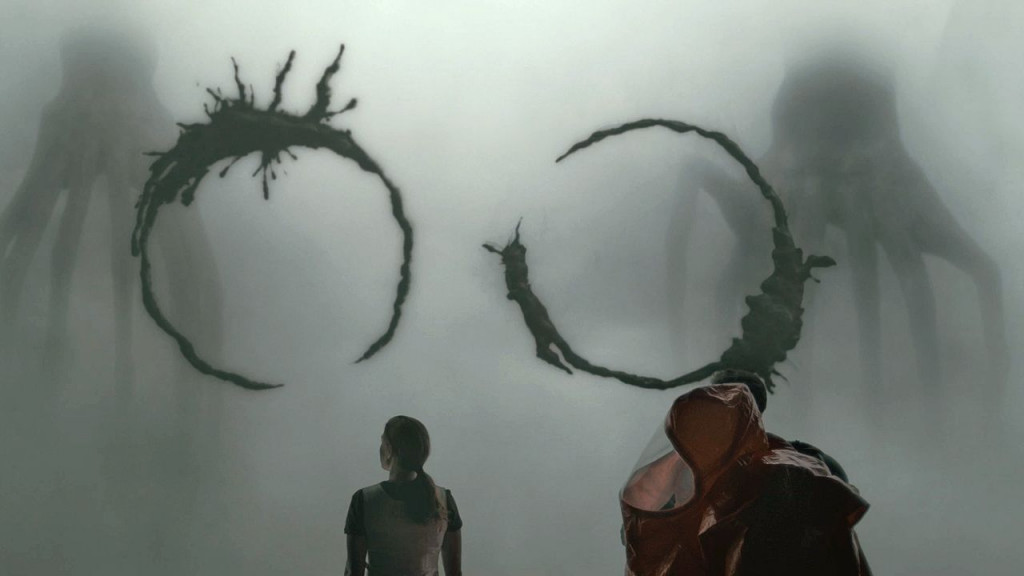
Another sci-fi masterpiece Arrival has clearly spent a lot of time on research, in particular away from the traditional sci-fi interests of spaceships and lasers but about language and communication. In Arrival, linguist Dr Louise Banks is tasked with communicating with an alien race that has arrived on Earth. Not only do they have a different language but they have a different perception of reality and understanding of it, particularly that of time. Dr. Banks insists on learning the whole language before any attempts at negotiation, pointing out how easy it is for misunderstandings between humans who speak different languages. The film engages with the Sapir-Whorf Hypothesis, in that learning a new language can change how your brain works, in the film this allows Banks to experience time the way the aliens do. This is a real theory in linguistics but the way things work in Arrival is far beyond anything any linguists actually propose.
Accuracy – a genuine attempt at portraying linguistics well but doesn’t quite match up with the science.
Movies do not need to be scientifically accurate to be good movies. They don’t even need to be scientifically accurate to capture ideas in science, for example in Sunshine a lot of what happens simply isn’t possible but the understanding of the universe as an incredibly precarious place where forces that are so huge and so outside of our ability to do anything about could destroy us is conveyed well. Transformers clearly couldn’t care less about scientific accuracy and it is in no way trying to pass itself off as an insightful film about the real science of transforming robots and the way it discards everyday physics is no different to non-sci-fi movies like The Fast & Furious franchise. Sci-fi doesn’t need to be scientifically accurate, usually, sci-fi is more about our interaction with science than the science itself.
Also Read: Netflix and The Science of Recommendations


